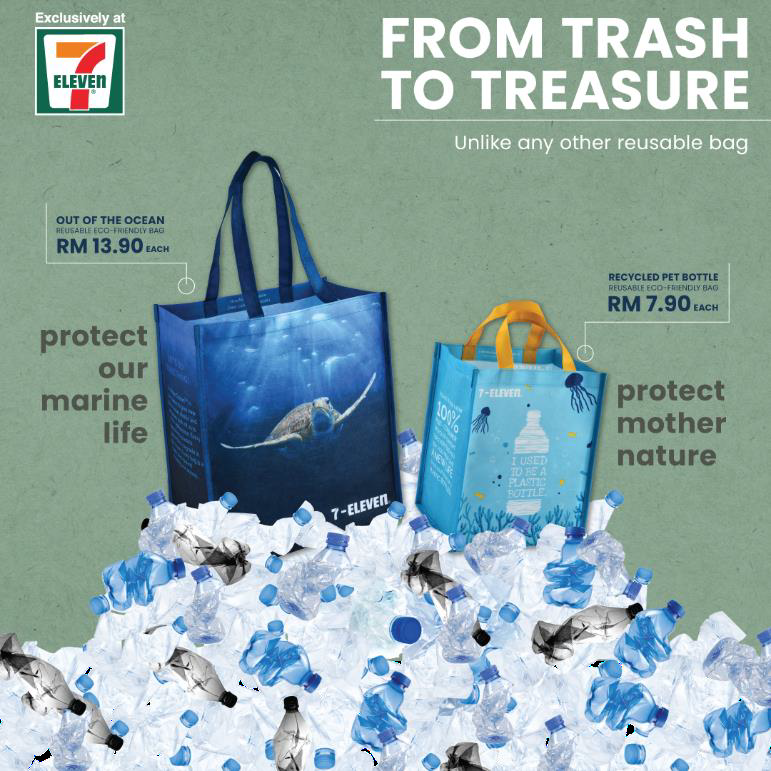Alternatives to Plastic Bags for Garbage: 6 Eco-Friendly Picks

- Introduction to Eco-Friendly Trash Solutions
- Reusable Bags: A Sustainable Choice
- Plant-Based Bags: The Green Alternative
- Compostable Bags: Turning Waste into Resources
- Recycled Content Bags: Closing the Loop
- DIY Trash Bags: Creative and Eco-Conscious
- Skipping the Liner: A Simple Yet Effective Approach
- Conclusion: Making a Difference One Bag at a Time
Introduction to Eco-Friendly Trash Solutions
In our quest to lead more sustainable lives, one significant challenge we face daily is the disposal of our waste. Traditional plastic bags, while convenient, pose a severe threat to the environment, taking hundreds of years to decompose and often ending up in oceans and wildlife habitats. The need for alternatives to plastic bags for garbage has never been more urgent. Fortunately, as awareness grows, so do the options for eco-friendly disposal methods. This article explores six sustainable alternatives that not only help in reducing our carbon footprint but also in fostering a healthier planet for future generations.
Reusable Bags: A Sustainable Choice
One of the most straightforward alternatives to plastic bags for garbage is the use of reusable bags. These bags, made from materials like cotton, jute, or heavy-duty recycled plastic, can withstand numerous uses, making them a sustainable choice for waste disposal. While the initial investment might be higher than buying a roll of plastic bags, the long-term savings and environmental benefits are substantial. Reusable bags can be washed and reused for years, significantly reducing the amount of waste generated. However, it's essential to dedicate specific bags for garbage to avoid cross-contamination with groceries or other items.
Plant-Based Bags: The Green Alternative
As the name suggests, plant-based bags are made from renewable resources such as cornstarch, potato starch, or other plant materials. These alternatives to plastic bags for garbage are not only sustainable but also break down much faster than traditional plastic. While they may look and feel like plastic, they leave a considerably smaller environmental footprint. Plant-based bags are an excellent option for those looking to reduce their reliance on fossil fuels and minimize their impact on the planet. However, it's important to note that while these bags are biodegradable, they should still be disposed of responsibly to ensure proper decomposition.
Compostable Bags: Turning Waste into Resources
Compostable bags take the concept of biodegradable bags a step further. These bags are designed to break down completely into non-toxic components within a composting environment, turning waste into valuable compost that can enrich soil. Using alternatives to plastic bags for garbage like compostable bags not only helps in reducing landfill waste but also supports the natural cycle of resource utilization. It's crucial, however, to understand the difference between biodegradable and compostable: while all compostable materials are biodegradable, not all biodegradable materials are compostable. For a bag to be considered compostable, it must meet specific standards that ensure it breaks down in a composting setting without leaving harmful residues.
Recycled Content Bags: Closing the Loop
Recycled content bags are made from post-consumer or post-industrial plastic that has been collected and reprocessed into new bags. These alternatives to plastic bags for garbage help in closing the loop of plastic use, reducing the need for virgin materials, and lowering the overall environmental impact of plastic production. While they are still plastic, the use of recycled content significantly lessens the environmental burden. It's a step towards a more circular economy, where materials are reused and recycled, minimizing waste. When choosing recycled content bags, look for those with the highest percentage of recycled material to maximize the environmental benefits.
DIY Trash Bags: Creative and Eco-Conscious
For those who are crafty and looking for a truly personalized approach, DIY trash bags offer a unique alternative. Using materials like old newspapers, feed sacks, or even sewing your own bags from scrap fabric, you can create custom alternatives to plastic bags for garbage that reflect your style and commitment to the environment. This option not only reduces waste but also repurposes materials that might otherwise end up in the landfill. While DIY trash bags may not be suitable for all types of waste, they can be an excellent choice for dry, non-organic trash. Plus, they add a touch of creativity and personalization to the mundane task of waste disposal.
Skipping the Liner: A Simple Yet Effective Approach
Perhaps the simplest of all alternatives to plastic bags for garbage is to skip the liner altogether. This method involves placing waste directly into the trash can and washing it out as needed. While it may not be suitable for all households, especially those that generate a lot of wet waste, it's an effective strategy for reducing plastic bag use. For those who can adopt this method, it offers a straightforward way to cut down on plastic waste. It's also worth considering using a compost bin for organic waste, which can significantly reduce the amount of garbage that needs a liner.
Conclusion: Making a Difference One Bag at a Time
The journey towards a more sustainable future involves rethinking our daily choices, including how we dispose of our waste. By considering alternatives to plastic bags for garbage, we can make a significant impact on reducing our environmental footprint. Whether it's switching to reusable bags, opting for plant-based or compostable options, utilizing recycled content bags, getting creative with DIY solutions, or even skipping the liner altogether, every small change contributes to a larger movement towards sustainability. As we continue to explore and adopt these eco-friendly alternatives, we move closer to a world where our waste does not come at the expense of our planet's health.





Leave a Reply